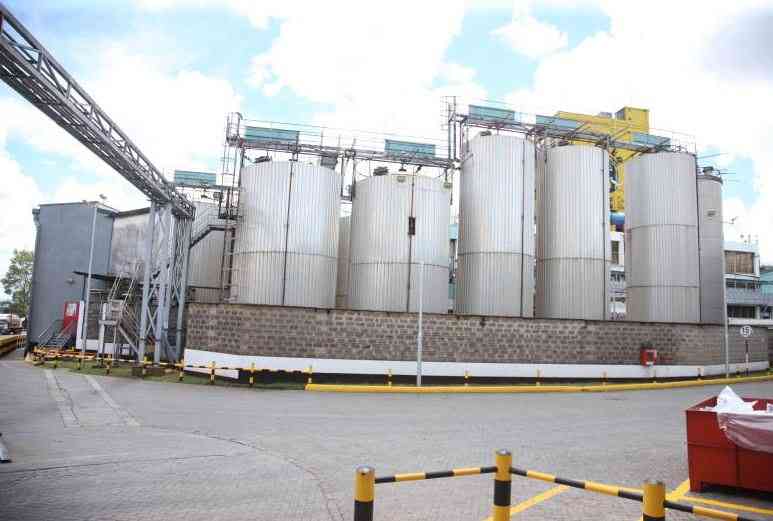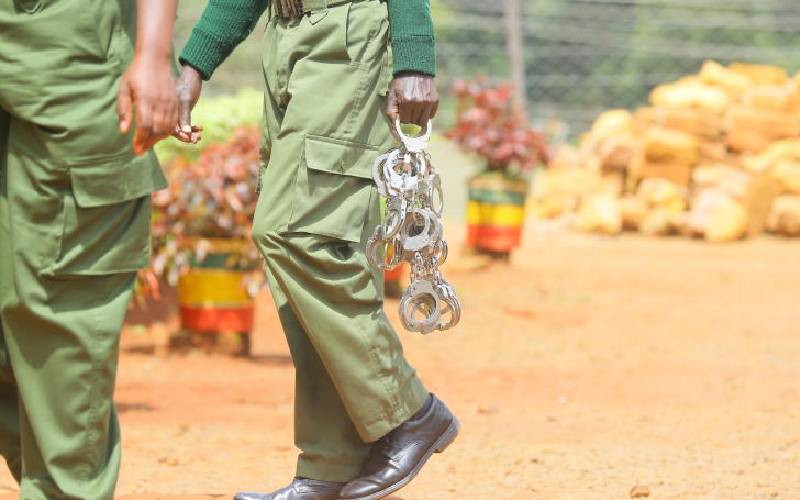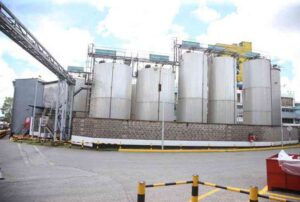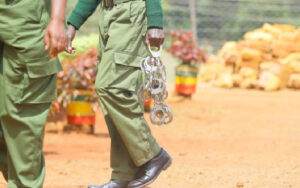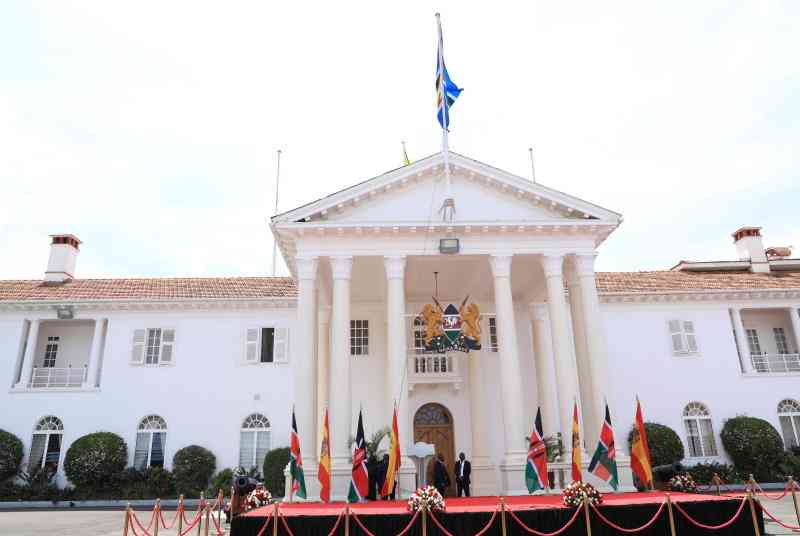Deputy President Kithure Kindiki has said Kenya’s economy has stabilised, easing concerns over prolonged inflation and economic uncertainty.
Speaking on Sunday, December 12, during an Interdenominational Sunday Worship and Thanksgiving Service at Moi Gardens, Lodwar inTurkana, Kindiki noted that inflation, exchange rates, food prices and fuel prices had all stabilised.
“What remains now is to implement programmes and projects that will improve household incomes, create jobs and ensure citizens have more money than before,” Kindiki said.
He stressed the next three years would focus on ensuring Kenyans benefit directly from this stability.
“The government is committed to ensuring economic stability translates into tangible benefits for every Kenyan,” he added.
However, his statement comes amid growing concerns highlighted by a recent Infotrak survey, which found 73 per cent of Kenyans are either in severe financial distress or struggling to make ends meet.
The survey, conducted across 47 counties and eight regions in November, revealed only 5 per cent of the population are comfortably managing their economic situation.
In regions such as North Eastern, Coast, Central and Rift Valley, financial distress is particularly pronounced, with 78 per cent, 76 per cent, 74 per cent and 73 per cent of residents classified as struggling or in severe distress, respectively.
“The hard economic hardships have had various impacts on Kenyans, including increased stress and anxiety (48 per cent), strain on personal relationships (32 per cent), physical health issues (21 per cent), and mental health effects (18 per cent),” the survey noted.
“Most Kenyans are pessimistic that the cost of living, school fees, cost of energy, unemployment, the cost of fertilizer and the exchange rate of the dollar against the Kenya shilling will continue to increase in 2024,” the report added.
As a result, 45 per cent of Kenyans have turned to side hustles and 41 per cent are cutting back on non-essential expenses to cope with economic hardships.
At 49 per cent, Nairobi and Rift Valley rank high in the number of residents seeking additional employment or income sources.
Despite the economic distress, no one is cutting down on the number of meals per day in Coast and North Eastern regions.
Among the key areas identified by the survey for support include reducing the high cost of living (26 per cent), creating employment opportunities (13 per cent), lowering fuel prices (13 per cent), cutting education costs (12 per cent) and reducing high taxation (12 per cent).
“We are determined to ensure every Kenyan feels the benefits of a stable economy,” Kindiki said, adding, “The next three years will be crucial in translating our economic policies into tangible outcomes for Kenyans.”
Stay informed. Subscribe to our newsletter



